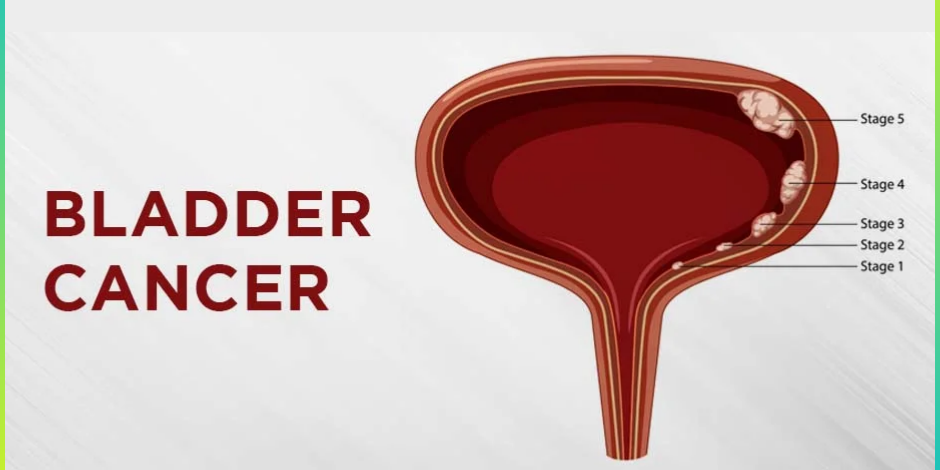Understanding Bladder Cancer: Causes, Symptoms and Treatment
Bladder cancer is one of the rarest forms of cancer that affects the lining of the bladder. It occurs when abnormal cells grow within the lining and start affecting the bladder. It grows into cancerous cells and starts reflecting symptoms. If bladder cancer grows and becomes severe, it may affect the surrounding organs. To treat such conditions, a few technologically advanced treatments kill the cancer cells in your body. The bladder cancer specialist tries to save the bladder and surrounding areas.
It is crucial to understand the symptoms and preventive methods to control the severity of this condition. Here are the most important causes, symptoms, treatments, and preventions for bladder cancer.
Causes of Bladder Cancer
The exact causes of bladder cancer are unknown to most people, but there are a few risk factors that contribute to this disease. This cancer is caused by various factors, and it is vital to understand. To take healthy measures to protect the bladder, understand the causes of bladder cancer first. The most common reasons are mentioned below:
- Smoking: Smoking and tobacco are the leading risk factors for bladder cancer. . Effects on the bladder lead to severe conditions or, in some cases, cancer.
- Chemical Exposure: When people get long-term exposure to certain chemicals, especially in industrial areas or factories, their chances of attracting bladder cancer increase. Chemicals like arsenic, benzidine, and certain dyes are known to be carcinogenic. Factories for dyes, rubber, paint, or leather increase the risk of bladder cancer among people.
- Age and gender: Bladder cancer becomes more prevalent as individuals age, with the majority of cases diagnosed in people over 55. People of younger ages have fewer chances of being diagnosed with this cancer. Moreover, men are at a higher risk than women, but women get cancer too.
- Chronic Bladder Irritation: Conditions such as chronic urinary infections, bladder stones, frequent UTIs, and indwelling catheters can cause long-term irritation to the bladder lining, potentially increasing the risk of cancer.
- Genetics: In very few cases, family history and genes can play a role in diagnosing bladder cancer. According to some reports, people with a history of this cancer have also been diagnosed with it.
- Exposure to Radiation: Radiation is categorised into two forms: ionising and non-ionising. Ionizing radiation is referred to with X-rays, CT scans, or radiation therapies. Though it is helpful for some diseases and conditions, more exposure to these radiations increases the risk of developing bladder cancer by damaging DNA. Overdose and prolonged exposure are the major causes of bladder cancer with radiation. Non-ionising radiation has not been proven to be the direct cause of cancer. The source of this radiation is WiFi signals, mobile devices, or any other electronic devices.
Bladder Cancer Symptoms
The body develops multiple severe and noticeable signs of bladder cancer. For early detection and successful treatment, it’s critical to understand the signs and symptoms of cancer. A few common symptoms consist of:
- Blood in Urine: The detection of blood in the urine, which can appear pink, red, or brown, is the most common indicator of bladder cancer. Although other disorders might be the reason for blood in the urine, it is never to be ignored and requires an immediate medical examination.
- Frequent Urination: People with bladder cancer may suddenly feel the urge to urinate more frequently. This urge to urinate is sometimes accompanied by discomfort or a burning feeling.
- Back Pain: If the cancer has advanced, it may lead to back pain due to the tumour’s impact on surrounding tissues and organs.
- Urinary Tract Infections (UTIs): Frequent UTIs, despite appropriate hygiene measures, could indicate an underlying bladder issue, including cancer.
If the bladder cancer spreads, it affects other body organs. It may result in a few of these symptoms:
- Loss of appetite
- Weight loss
- Swelling in feet
- Severe pain in the bone
- Pain in abdomen

